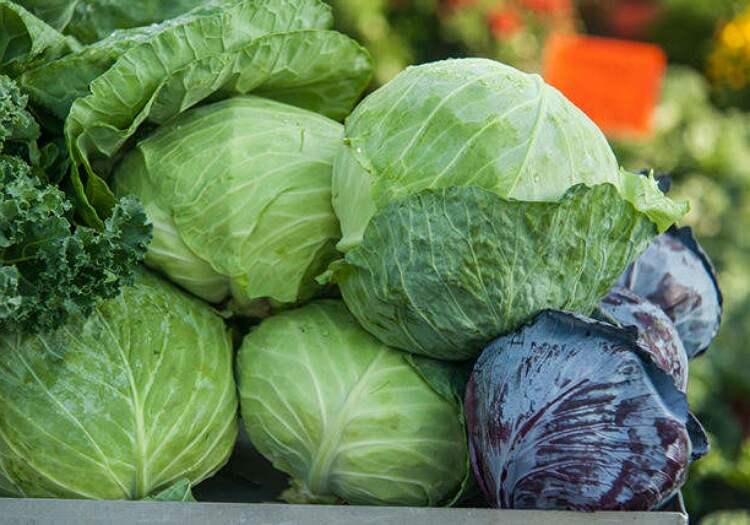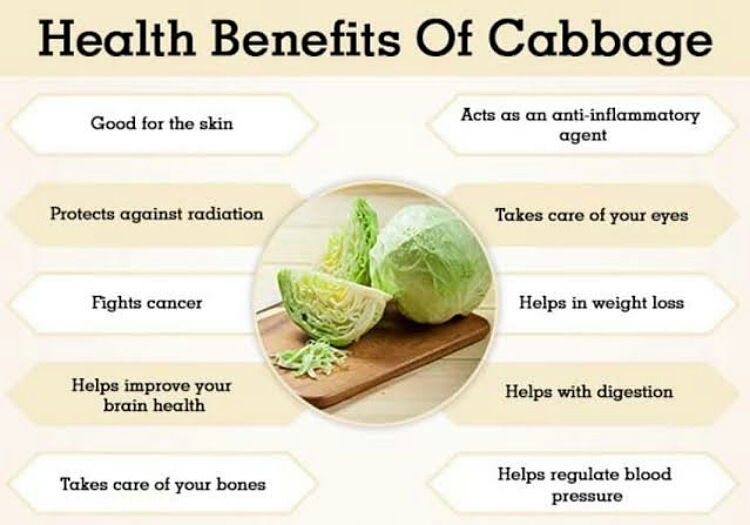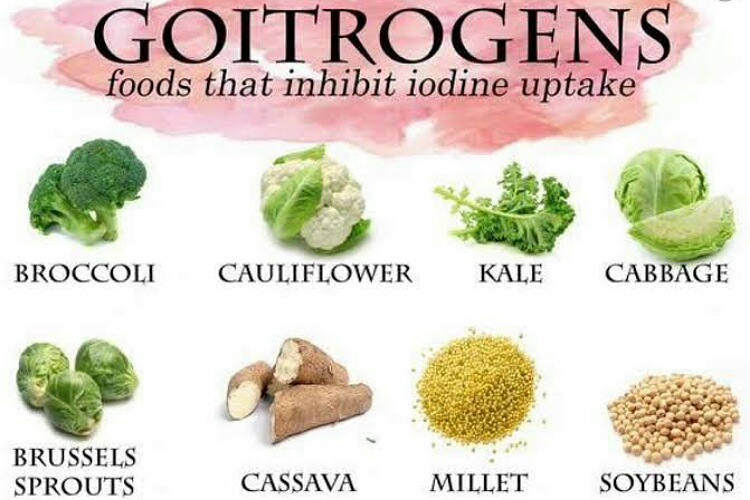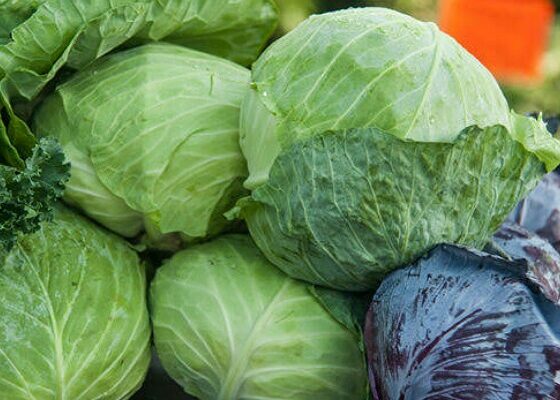Cabbage is a green leafy vegetable that has densely leaved heads. It has several benefits for health and is good for the body. Know the health benefits and side effects of this vegetable.
Cabbage
The vegetable of cabbage is an annual crop that grows biennially. It is usually light green in color and has densely leaved heads. But there are red or purple and white varieties available as well. It is a leafy vegetable and is full of useful antioxidants, minerals, and vitamins. The leaves are smooth and each cabbage head weighs around 500 grams. The larger sizes are seen in places where the sunny days are long and in summers.

It can be prepared in many different ways and added to several other dishes to enrich them. The vegetable can be eaten raw or cooked. Also, it can be steamed, stewed, sautéed, roasted, braised, pickled or fermented. One can add it to noodles, pastas, salads, and soups.
Raw cabbage has a lot of vitamin K and also vitamin C and dietary fiber. China is the largest producer of this vegetable. Dietitian Maria F. Carzon states:
“Cabbage may help to reduce chronic inflammation.”
And nutritionist Toni Tran opines:
“Eating cabbage regularly may lower the risk of certain cancers.”
Health benefits
This vegetable can control high blood pressure. Its dietary fiber content along with potassium can dilate blood vessels and thus lower the blood pressure. It is also rich in folic acid and this helps in cellular functions.
Moreover, cabbage also helps weight loss. It is very low in calories and has fiber. The fiber promotes satiety feeling and thus assists in shedding excess body fat.
Regular consumption of this vegetable can help in improving vision. It is rich in vitamin A and this reduces the risk of macular degeneration and vision loss. It enhances vision and protects the eyes.

Cabbage can also boost immune system. It is rich in several antioxidants including carotenoids, vitamin C, and folate. These mop up the free radicals in the body and prevent their damaging effects on the body cells.
Furthermore, the high fiber content of this vegetable can regulate bowel movements and overcome constipation. It also has anti-inflammatory properties due to its high antioxidant content. This fights chronic infections and diseases such as those of the heart and blood vessels, cancer, Alzheimer, depression, and type 2 diabetes.
One can eat cabbage everyday but it is best to consume a variety of fruits and vegetables daily. There should be at least 5 servings of them in a day. And this amounts to around 400 grams a day.
Are there any side effects of eating this vegetable?
Cabbage is a safe vegetable. It has low calories and is packed with nutrients. But have it in moderation. This is because excess consumption of it can lead to increased gas formation and bloating. This is due to the high sulphur and raffinose in it. These are elements that can cause flatulence and gas. Some people are more sensitive to this problem than others.

Also, read Hashimoto’s thyroiditis: foods to consume and foods to avoid!
Additionally, it has goitrogens in it and hence people with thyroid disorders should be careful of the amount they take in a day.
